About
Project team
With a focus on supporting place-based adaptation across the UK and Ireland, the Adaptation Partnership Framework was co-developed through the EPA-funded Transboundary Adaptation Learning Exchange (TalX) project.
The current project team is:
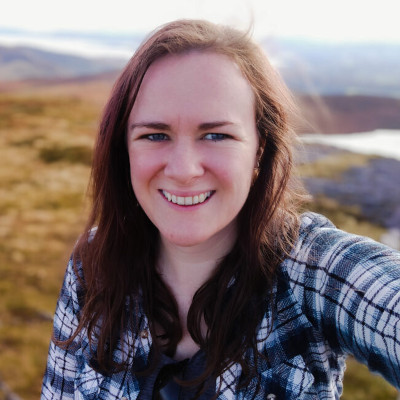
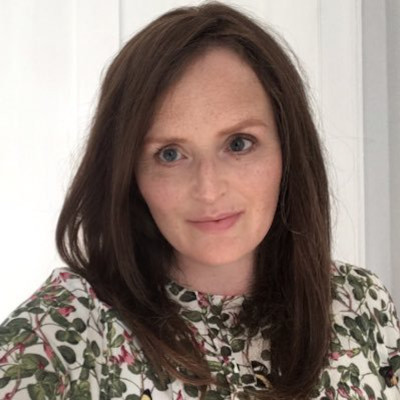
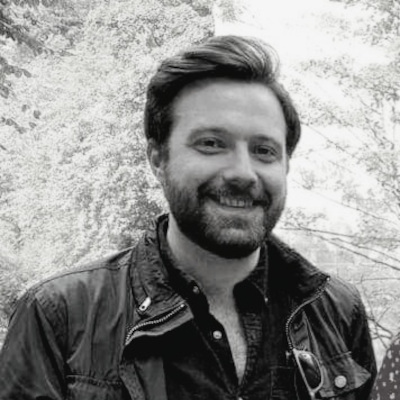

While former project team members include:
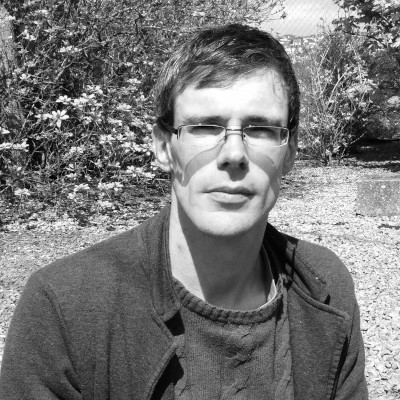
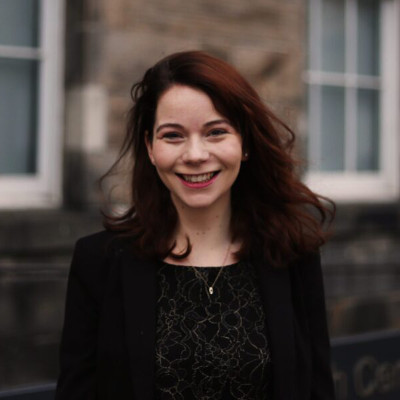
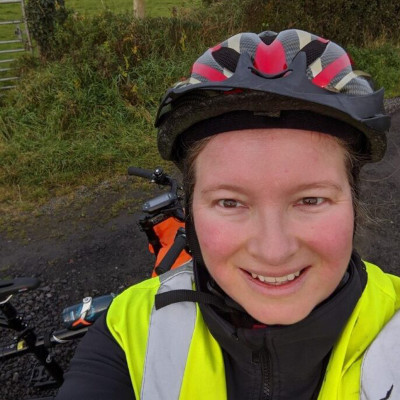
Supported by over 70 contributors including:
| Name | Organisation |
|---|---|
| David Dodd | (Dublin CARO) |
| David Mellett | (Atlantic Seaboard North CARO) |
| Tara Murry | NESCAN (North East Climate Action Network) |
| Lesley Hinshelwood | South Lanarkshire Council |
| Clive Walmsley | Natural Resources Wales |
| Fen Turner | Natural Resources Wales |
| Alan Netherwood | Netherwood Sustainable Futures |
| Lorraine Hutt | Environment Agency |
| Robert Kay | Deputy Director of ICF’s Climate Centre |
| Sabrina Dekker | Dublin City County Council |
| Breda Maher | Kildare County Council |
| Margaret Desmond | Environmental Protection Agency |
| Kerrell Whalley | Wigan Council |
| Emma Whitham | Highland Adapts |
| Craig Love | Transport Scotland |
| Heather MacNaughton | Historic Environment Scotland |
| James Fitton | KPMG Sustainable Futures |
| Robyn Pender | Historic England |
| Anat Prag | Sniffer |
| Hannah Fluck | Historic England |
| David Charles | University of Strathclyde |
| Christine Baker | Fingal County Council |
| Larissa Naylor | Glasgow University |
| Emma Adair | Ards and North Down Bourough Council |
| Alex Cameron-Smith | Pembrokeshire Coastal Forum |
| Naomi Clarke | Dundee City Council |
| Catherine Payne | Sniffer |
| Perla Mansour | Climate Northern Ireland |
| Catherine Pearce | Sniffer |
| Sean Maxwell | National Trust NI |
| Simon Needle | Birmingham City Council |
| Pauline Power | University College Dublin |
| Zoe Clelland | RSPB Scotland |
| David Mellett | (Atlantic Seaboard North CARO) |
| Kate Lonsdale | University of Leeds |
| Kristen Guida | London Climate Change Partnership |
| Matt Ellis | Environment Agency |
| Cathy Burns | Derry City and Strabane District Council |
| John Barry | Queens University Belfast |
| James Convery | Department of Agriculture, Environment and Rural Affairs |
| John Early | Department of Agriculture, Environment and Rural Affairs |
| Sean O'Leary | Environmental Protection Agency |
| Alan Dunney | Eastern and Midlands CARO |
| Darby Mullen | South Dublin County Council |
| Caroline Corrigan | Meath County Council |
| Ben Sears | Welsh Government |
| James Curran | Climate Ready Clyde |
| Kate Crowley | University of Edinburgh |
| Richard McLernon | Belfast City Council |
| Eugene Farrell | National University of Ireland Galway |
| Sarah Lindley | Manchester University |
| Andrew Thomas | Aberystwyth University |
| Liam Scott | Mayo County Council |
| Thomas Gardiner | NI Water |
| David Harkin | Historic Environment Scotland |
| Hans Visser | Fingal County Council |
| Martha Farrell | Maharees Conservation Association |
| Marek Soanes | International Institute for Environment and Development |
| Eirini Gallou | University of Strathclyde |
| Eleanor Pratt | Sniffer |
| Cornell Hamxomphou | CEMVO Scotland |
| Laura Dixon | Mayo County Council |
| Alison Leslie | Aberdeen City Council |
| Nuala Flood | Queens University Belfast |
| Tyrone Dunbar | Met Office |
| Keith Masson | Highlands Adapts |
| Amy Bell | Climate Northern Ireland |
Adaptation Partnership Framework
The Adaptation Partnership Framework:
- Supports partnerships to progress adaptation by defining a process of change and providing practical actions to enhance adaptive capacity and deliver ‘on the ground’ activity.
- Includes tools to assess progress with developing effective place-based adaptation partnerships.
- Provides inspiring case studies of adaptation partnerships from across Ireland and the UK.
We have developed the Adaptation Partnership Framework with those leading adaptation partnerships across Ireland and the UK. Together we identified four attributes that are enable progress:
- • Leadership - including vision, empowerment, and influence
- • Evidence - including co-developing and maintaining an evidence base, understanding & communicating the evidence and monitoring, evaluating and learning
- • Partnership – including healthy culture, building strong governance and supporting structures and collaborate
- • Resource - People/Assets & Communication/Funding
These attributes develop over time as partnerships establish and begin working effectively. The Framework provides practical actions that can help partnerships develop at different stages:
- • Stage 1: Initiate - actions for partnerships in the early stages of forming
- • Stage 2: Develop - actions for partnerships that have formed and begun working together
- • Stage 3: Advance - actions for partnerships that are well established
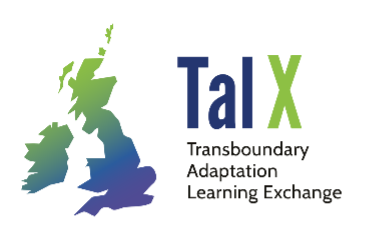

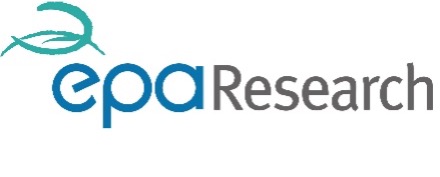
Acknowledgements: This project is funded under the EPA Research Programme 2014-2020. The EPA Research Programme is a Government of Ireland initiative funded by the Department of the Environment, Climate and Communications.
Disclaimer: Although every effort has been made to ensure the accuracy of the material contained in this document, complete accuracy cannot be guaranteed. The Environmental Protection Agency does not accept any responsibility whatsoever for loss or damage occasioned or damages claimed to have been occasioned, in part or in full, as a consequence of any person acting, or refraining from acting, as a result of a matter contained in this document.



Acknowledgements: This project is funded under the EPA Research Programme 2014-2020. The EPA Research Programme is a Government of Ireland initiative funded by the Department of the Environment, Climate and Communications.
Disclaimer: Although every effort has been made to ensure the accuracy of the material contained in this document, complete accuracy cannot be guaranteed. The Environmental Protection Agency does not accept any responsibility whatsoever for loss or damage occasioned or damages claimed to have been occasioned, in part or in full, as a consequence of any person acting, or refraining from acting, as a result of a matter contained in this document.